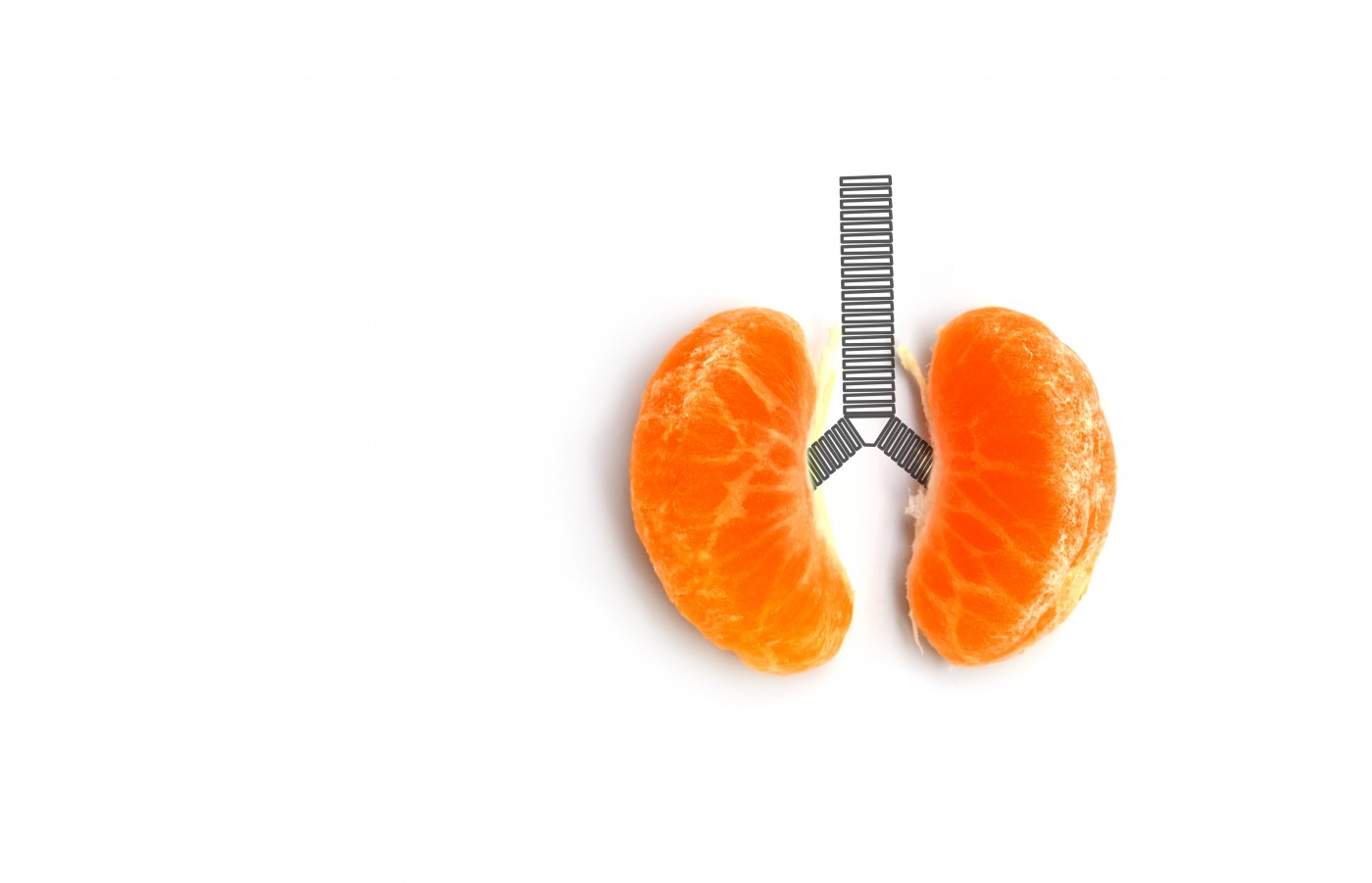Resunab Shows Potential in Treating Lung Inflammation in Preclinical Study
Written by |

The investigative oral treatment Resunab (JBT-101) shows promise in easing inflammation mediated by immune cells in the lungs of cystic fibrosis (CF) patients, according to results of a preclinical study.
Results from a Phase 2 study of the treatment’s safety and efficacy in patients are expected shortly.
The preclinical findings will be presented at Research and Development Day, hosted by Corbus Pharmaceuticals, by Michael Knowles, MD, a scientific advisory board member of Corbus, which is developing Resunab. The event takes place in New York on March 13.
In normal lungs, alveolar macrophages (immune system cells present in the lungs) promote inflammatory processes to defend against pathogens and infection. In CF patients, however, this inflammatory response is overactive and persistent, causing long-term and irreversible damage to the lungs.
Researchers used alveolar macrophages isolated from lungs removed from CF patients during transplant surgery, and simulated infection by stimulating cells with a compound produced by Pseudomonas aeruginosa, a bacteria frequently involved in CF infections.
Macrophages treated with Resunab produced lesser amounts of two important pro-inflammatory proteins (TNF-alpha and IL-6) compared to untreated cells. Both proteins have previously been shown to be present in higher levels in CF alveolar macrophages, with or without infection, than in lung cells from healthy donors.
“These results are encouraging with respect to the potential of Resunab to modify inflammation in the lungs of CF patients, which offers an entirely novel approach to treat all [genetic types] of this chronic life-shortening disease,” said Knowles, in a news release.
Resunab is a synthetic oral drug that activates a group of proteins called CB2 receptors. These receptors are expressed on activated immune cells and, when activated, trigger molecular pathways that resolve inflammation and halt fibrosis.
“This human model has allowed us to explore the impact of [Resunab] on immune function of primary cells derived from CF patients’ lungs,” said Mark Tepper, PhD, Corbus’ president and chief scientific officer. “The data demonstrate [Resunab]’s unique mechanism of action that could help address chronic lung inflammation in CF patients potentially without the immunosuppression risk associated with existing anti-inflammatory therapies that render them inappropriate for usage in this disease.”
A Phase 2 (NCT02465450) placebo-controlled study of Resunab in 85 adults with CF — regardless of underlying mutation, infecting pathogen, or baseline treatment — is drawing to an end. Its primary goal was to evaluate the drug’s safety and tolerability, with secondary measures looking at the treatment’s effectiveness as measured by changes in pro-inflammatory and pro-resolving lipid mediators, and changes in forced expiratory volume in 1 second (FEV1), a measure of lung health.
“We look forward to our upcoming Phase 2 clinical data of [Resunab] in CF patients for further insight into this potential benefit,” Tepper concluded.






